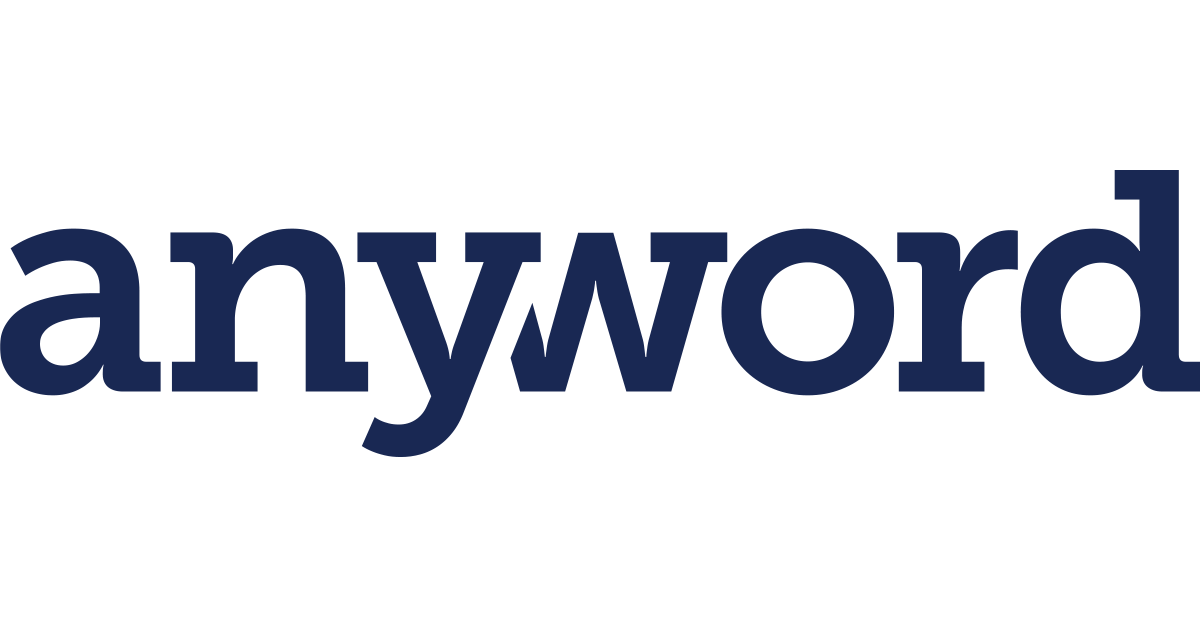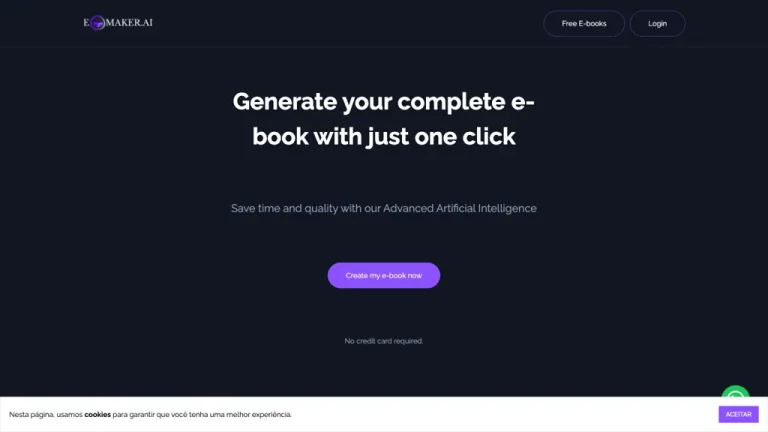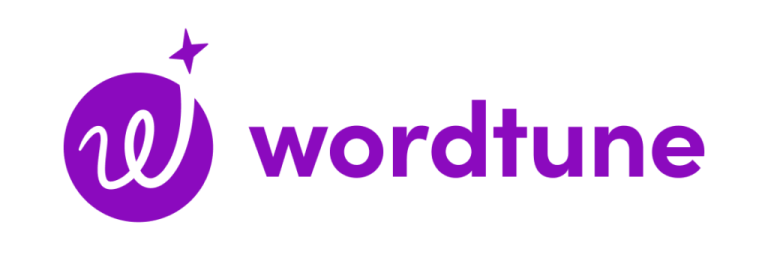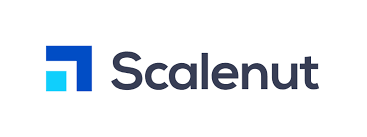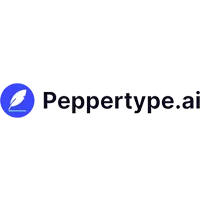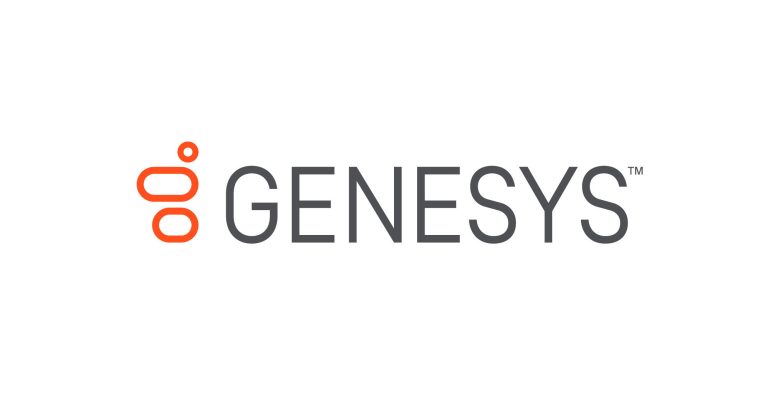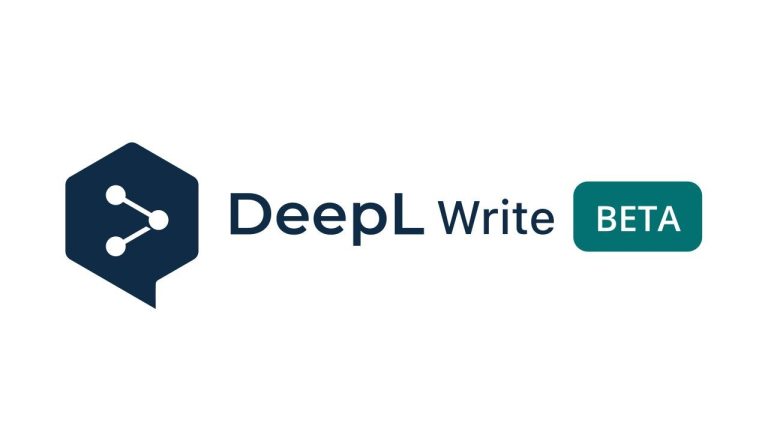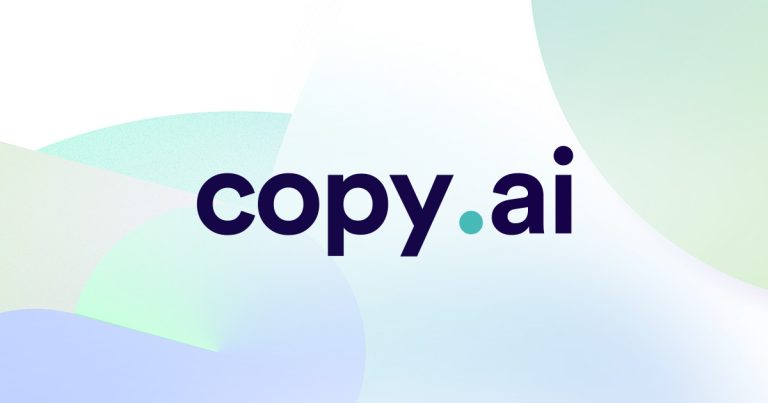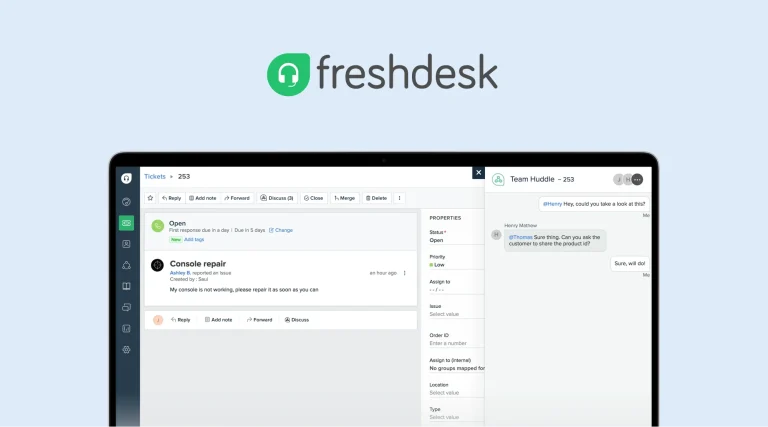The platform is particularly useful for digital marketers, growth teams, and advertisers seeking to improve their ad copy and achieve higher ROI on campaigns. Its core strength lies in its ability to predict the effectiveness of the content it generates, providing marketers with real-time insights on how well the copy will perform before launching the campaign.
Anyword Key Features
- Predictive Performance Score Anyword’s standout feature is its Predictive Performance Score, which assigns a performance rating to each piece of copy generated by the AI. This score is based on historical advertising data, machine learning algorithms, and audience insights, giving users an idea of how effective their copy will be in driving conversions and engagement.
- Example: A digital marketer writing Google Ads copy for a new product launch can input a brief description, and Anyword will generate multiple variations of the ad along with a performance score for each one. This enables the marketer to choose the highest-performing ad before the campaign goes live.
- Multiple Content Types Anyword supports a wide range of content types, making it highly versatile. Whether you’re writing ad copy, blog posts, product descriptions, email subject lines, or social media posts, Anyword provides templates and AI-powered suggestions tailored to each format.
- Example: An e-commerce business can use Anyword to generate product descriptions for their online store, with each description optimized for SEO and conversions based on real-time performance data.
- Audience Targeting and Personalization Anyword allows users to generate personalized content based on specific audience segments. This feature is especially useful for creating targeted ad copy that speaks directly to the needs and preferences of different customer groups. The AI uses data from various demographics to tweak the tone, style, and messaging accordingly.
- Example: A marketer can generate different variations of an email subject line targeted at different customer segments, such as millennials versus baby boomers, ensuring that each group receives a message that resonates with them.
- Data-Driven Copywriting Anyword uses a data-driven approach to copywriting, relying on large datasets from high-performing ads and marketing campaigns. This enables the AI to learn from the best practices and trends in the industry, resulting in copy that is more likely to convert.
- Example: When generating Facebook ads, Anyword draws insights from past successful ads in similar industries, ensuring the generated copy aligns with what is proven to work for that particular audience.
- A/B Testing Capabilities Anyword’s platform simplifies A/B testing by automatically generating multiple versions of copy for the same campaign, complete with performance predictions for each version. This makes it easier for marketers to test and optimize their campaigns without needing to manually create multiple variations.
- Example: A brand running Instagram ads can generate several versions of ad headlines, test them using Anyword’s performance scores, and confidently select the one most likely to achieve high engagement.
- SEO Optimization Anyword also helps users create SEO-optimized content for blogs, landing pages, and product descriptions. The platform ensures that the generated copy includes relevant keywords and follows best practices for search engine visibility.
- Example: A content manager can use Anyword to write a blog post about “best marketing automation tools,” receiving suggestions that incorporate high-ranking keywords for better organic traffic.
Our Opinion On Anyword
Anyword stands out in the AI writing space due to its focus on performance-driven content generation and predictive analytics. The platform is ideal for marketers, businesses, and advertising teams looking to create copy that not only engages but also converts. Its ability to predict the success of copy through the performance score is a game-changer, allowing marketers to make data-driven decisions before launching their campaigns.
The tool is particularly useful for those running paid ad campaigns on platforms like Google and Facebook, as it takes the guesswork out of generating high-conversion ad copy. Additionally, its audience targeting and personalization features make it a powerful asset for teams focusing on segmented marketing efforts.
Overall, Anyword is an excellent choice for digital marketers, e-commerce businesses, and advertising professionals seeking to boost their ROI through high-performing copy. Its combination of AI, data, and predictive insights make it a valuable tool for optimizing content across various marketing channels.
